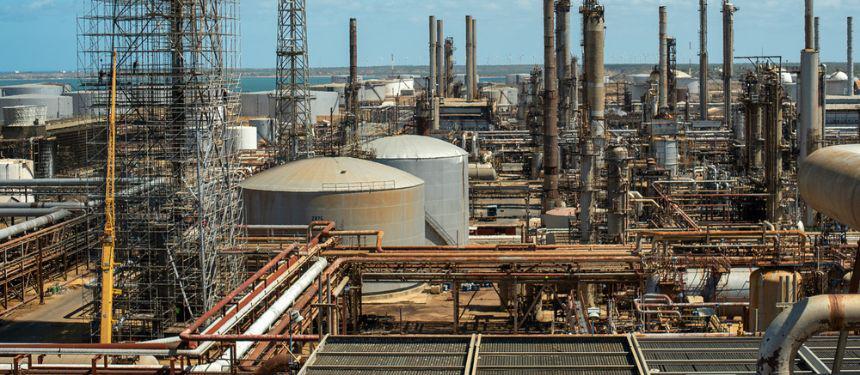Protecting executives from the wrath of Maduro
Healix played a critical role in supporting two multinational corporations as they exited operations in Venezuela while navigating a challenging landscape of corruption, hyperinflation, unrest, and violent crime.
We swiftly evacuated dozens of executives, relocating some out of the country and others to secure temporary safehouses. Within 24 hours, our team ensured their safety and coordinated robust surveillance measures, delivering daily intelligence updates to protect factory sites during the shutdown process.

Challenge
In this case, there wasn’t a singular incident that triggered the operations, as there had been a gradual decline in the security and operating environment in Venezuela. The Maduro government was responsible for widespread food scarcity, hyperinflation and near daily opposition-led protests. Governance grew increasingly authoritarian in an attempt to maintain order. The resulting instability, scarcity of essential goods and economic decline led many companies to scale back their operations in the region.
Discretion was a critical component of our operation. If the factory workers or government officials were informed of our clients’ plan to suspend operations, there could be both physical and legal risks.
Our assessment determined that a phased approach was essential. Confidential and valuable goods needed to be discreetly removed from the factory before workers were informed of its closure. Management personnel had to be relocated to a secure location, and a surveillance team was deployed to monitor for any signs of unrest or violence during the process.
Approach
Information security was of paramount importance. As soon as the tasks were initiated, information had to be handled with care and only disseminated to relevant and pre-determined stakeholders. In both cases, we supported the multinational companies in preparing for the scaling down of their plants, ensuring the tiered process was executed effectively and securely.
Once news of the factories’ closing spread, we used our intelligence sources to check for any hostile or negative chatter. Executives were relocated either to international safe havens or internally, as the factories were subsequently seized by the government. There was a real risk of management figures being targeted to resume production under government supervision.
Outcome
Both companies were able to successfully suspend operations without being subjected to significant physical, economic or reputational risks. Although both initially signalled their intent to resume operations in Venezuela once the security and operational landscape had stabilised, subsequent criticism from the Maduro government made that option untenable. We offered continued support which included additional internal relocations, intelligence briefings and advice.